
When a person is first diagnosed with depression, he or she, along with the doctor, will have a wide choice of available treatments, choosing the one that is the most appropriate considering the type of depression, the patient’s history and other important aspects. Whatever the treatment of choice is, it is important to remember that there are no instant solutions for depression. Dealing with this disease is a process and requires some time and, of course, patience.
Medication therapy for depression
Medication therapy for depression mainly consists of antidepressants. It is believed that there is a strong link between depression and neurotransmitters in the brain, such as serotonin, dopamine and norepinephrine. Imbalance of these chemicals is believed to lead to depression. Antidepressants aim to repair the imbalance and to modify the neurotransmitters in order to improve the mood.
There are several different types of antidepressants: selective serotonin reuptake inhibitors or SSRI, serotonin and norepinephrine reuptake inhibitors or SNRI, tricyclic antidepressants and monoamine oxidase inhibitors or MAOI.
Stimulants and anti-anxiety drugs are often prescribed alongside antidepressants, especially if the patient has another psychological disorder in addition to depression.
Psychotherapy
Psychotherapy is another efficient form of treatment for depression, focusing on creating strategies against everyday stressors and learning ways to cope with sources of depression. There are several types of psychotherapy available, such as individual, group or family therapy. It is often combined with medication therapy for depression.
Other options
Medication therapy and psychotherapy are probably the most widely used forms of treatment, however, there are other options as well, usually considered when more traditional approach fails to help the patient with his or her depression.
Electroconvulsive therapy (ECT) or electroshock therapy, which was once used to treat a wide array of psychological and mental disorders, is today only used for patients with severe depression, where everything else failed to work. Nowadays this therapy is performed with the use of anesthesia, in order to assure minimal pain or discomfort for the patient.
Vagus nerve stimulation (VNS) is a form of treatment in which a device similar to pace maker is implanted in the body, where it sends scheduled electric impulses to the vagus nerve.
Transcranial magnetic stimulation or TMS is similar to ECT but it creates a magnetic field that sends low-intensity current to the brain, without causing pain or seizures. It is done in an out-patient procedure and does not require the use of sedation or anesthesia. TMS is suitable for cases of mild depression where several treatment options, such as medication and psychotherapy, have failed as a cure for depression.




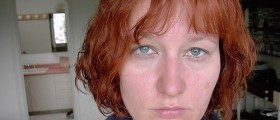
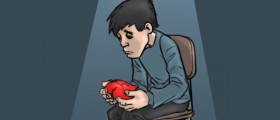


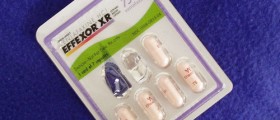

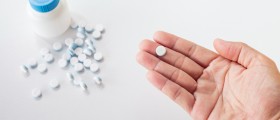
_f_280x120.jpg)


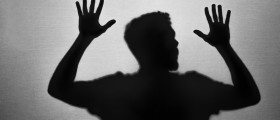
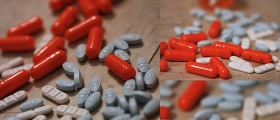
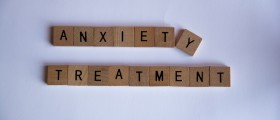
Your thoughts on this
Loading...